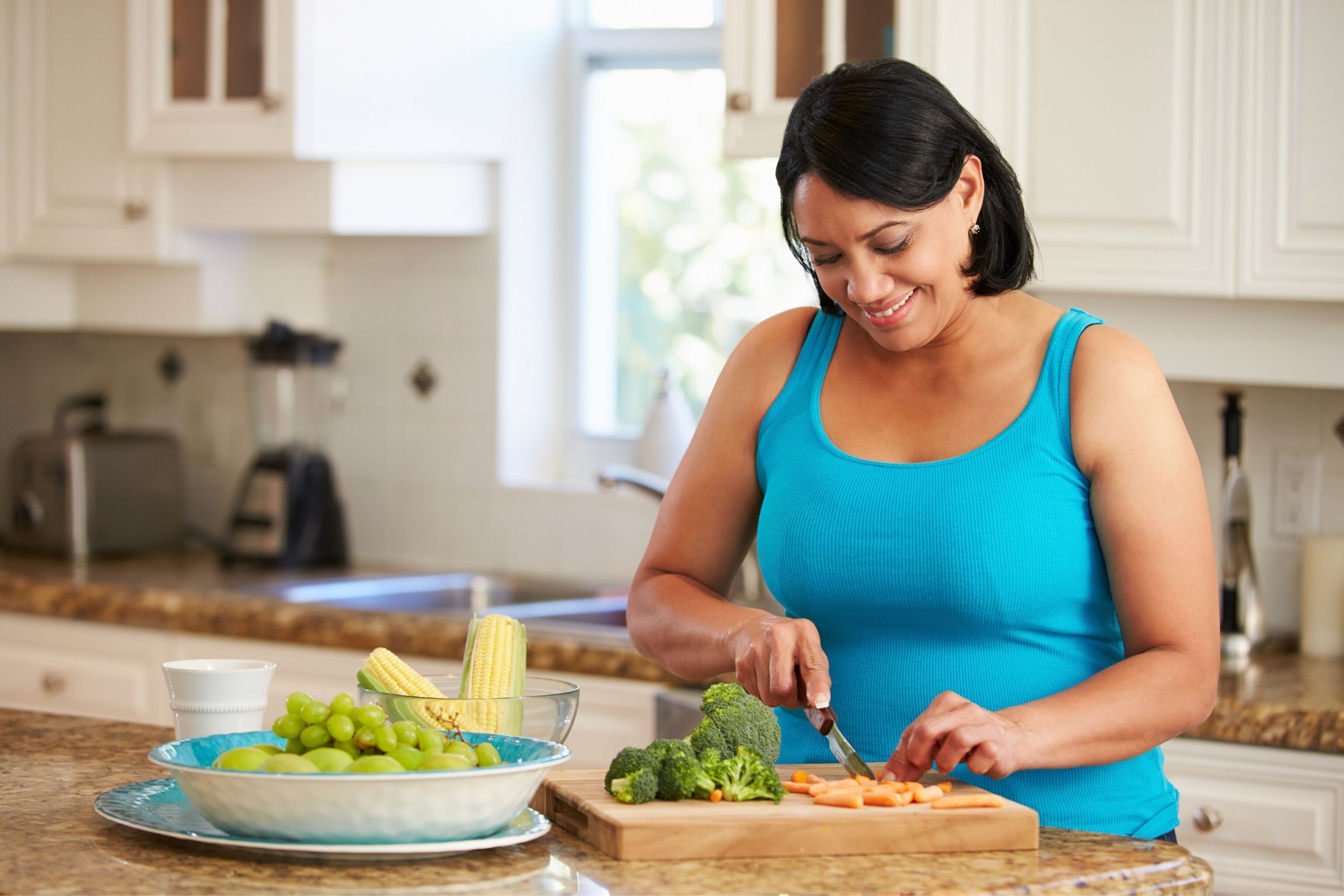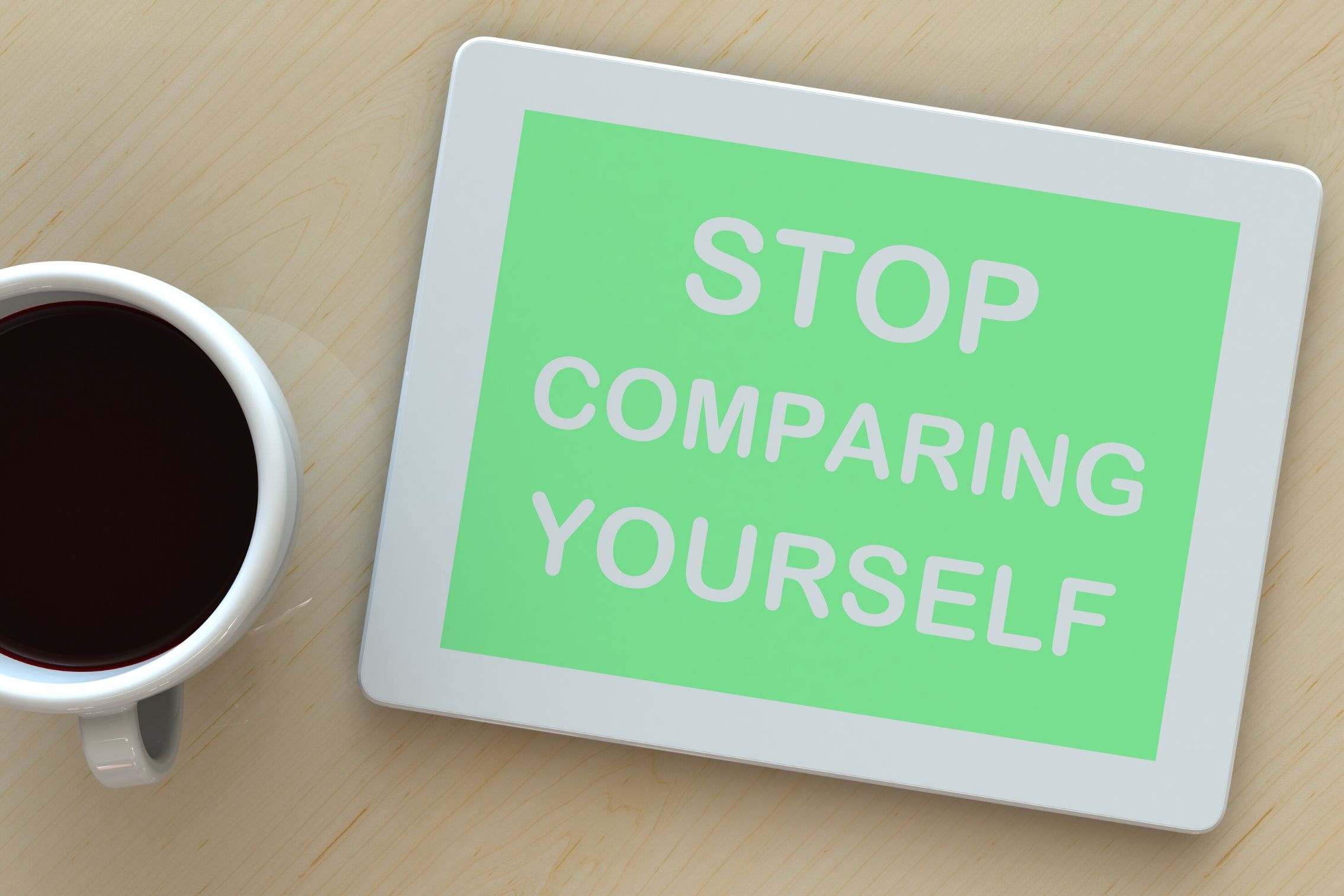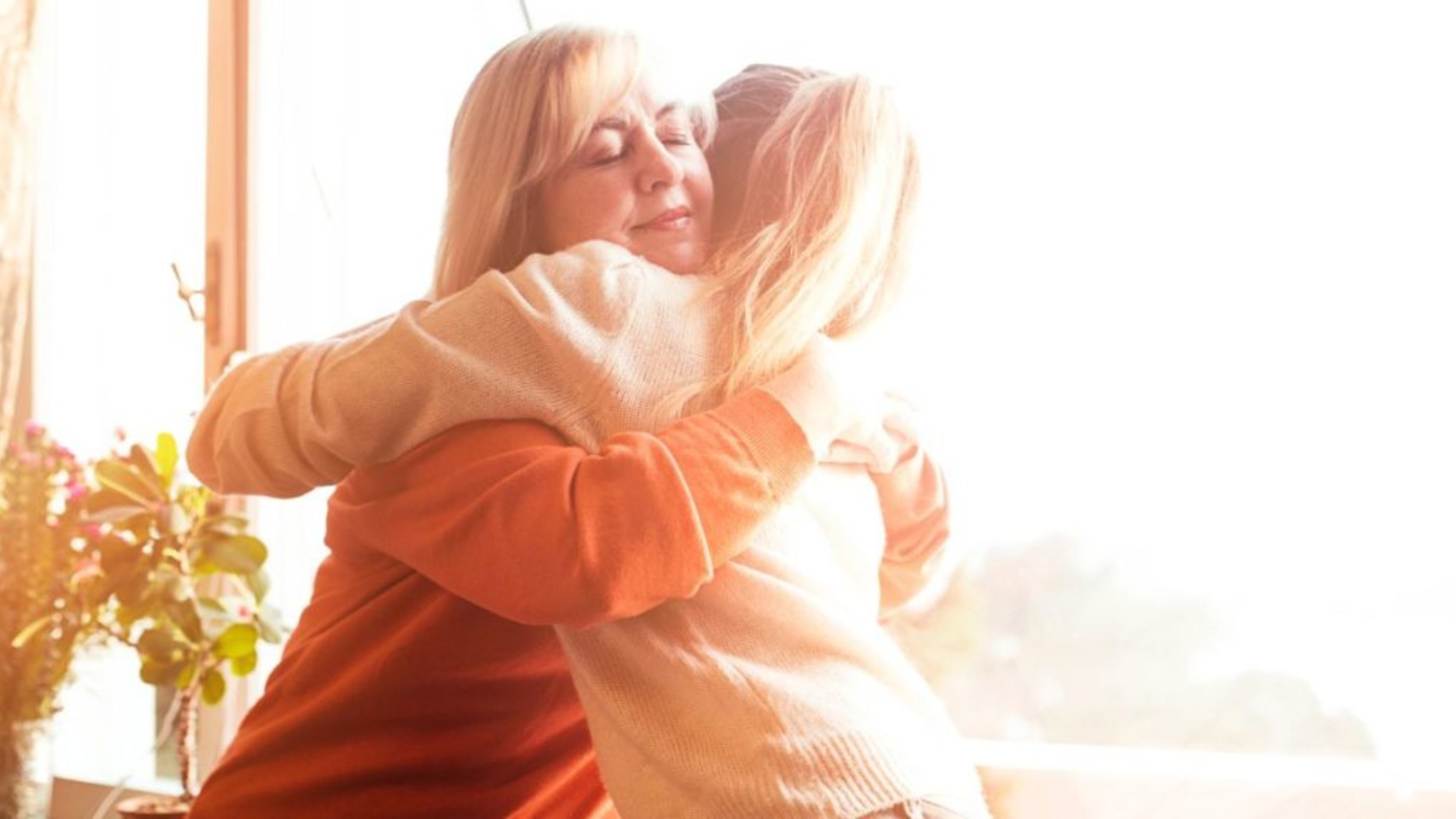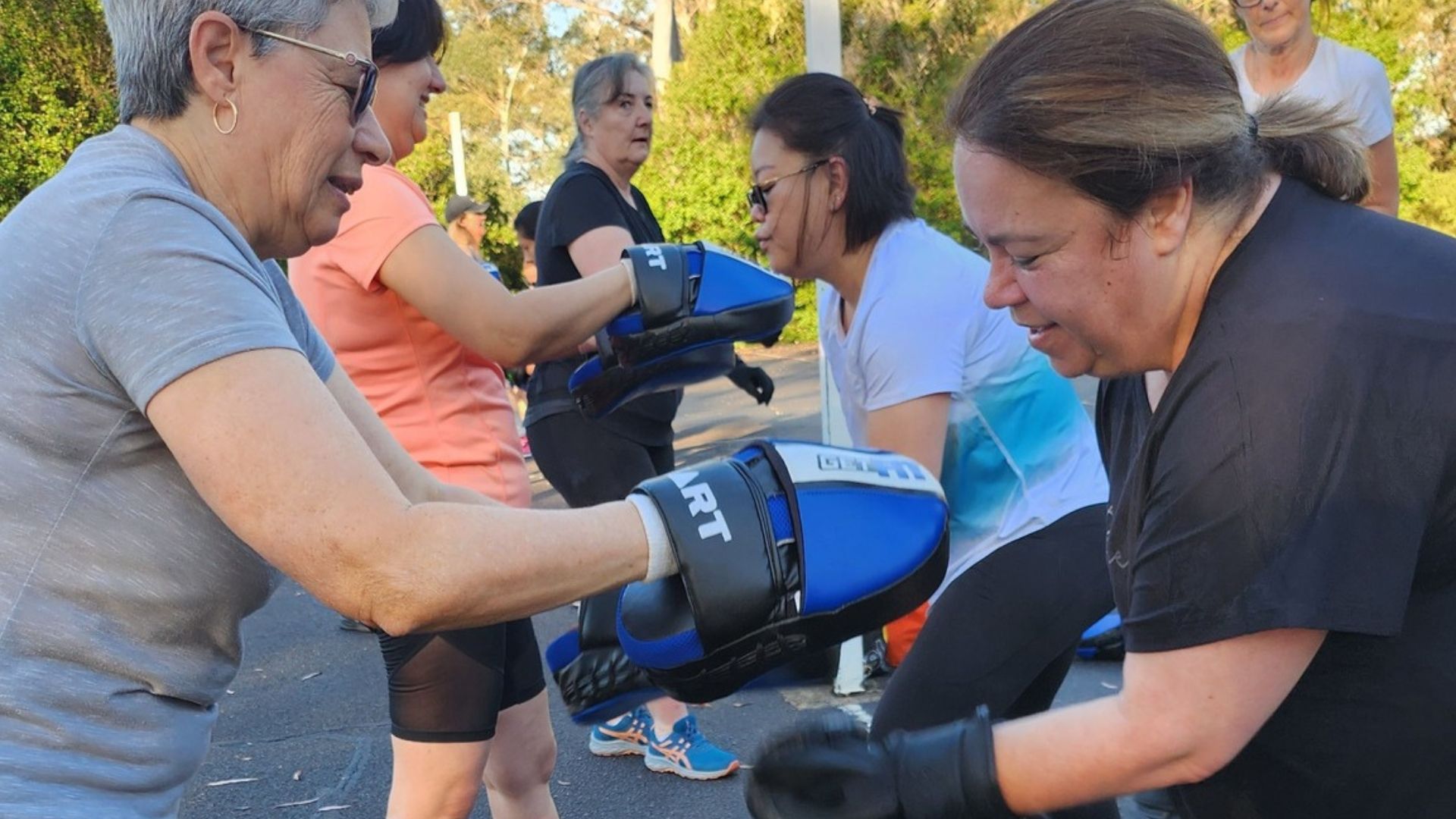Body image, self-esteem and the influence of society
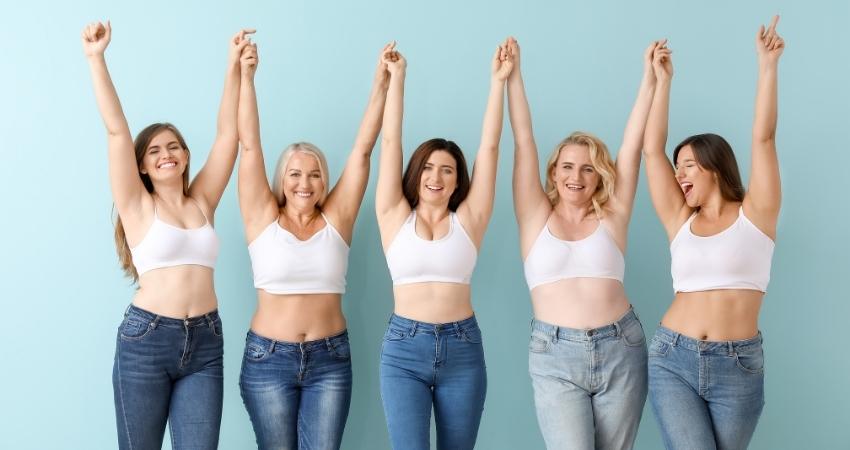
Society shapes us in many ways, possibly more than we realise – from our interactions, to our personal development through to others’ perception of our bodies as a reflection of self worth.
We are social beings. Genetically we rely on one another for the survival of humanity. That primal connection makes our interactions physiologically and psychologically important. So it’s not surprising that how society perceives us affects us on many levels.
And it’s partly how society perceives our bodies that is of concern; we’re talking body image. So what does that involve?
Body image is both internal (personal) and external (society)
This includes:
- How we perceive our bodies visually
- How we feel about our physical appearance
- How we think and talk to ourselves about our bodies
- Our sense of how other people view our bodies
How we look has possibly never held as much societal importance or reflected so significantly on our perceived self worth.

The media in particular, has increasingly become a platform that reinforces cultural beliefs and projects strong views on how we should look, that we as individuals often unknowingly or knowingly validate and perpetuate.
The more we look at perfect images of others and then look to find those same idealised characteristics in ourselves and don’t find them, the worse we feel about ourselves.
It’s a cycle that breeds discontent.
With such strong societal scrutiny it’s easy to see how the focus on how we look can slide into the dark side – negative body image. How developing mindfulness can nourish the best of who we are.
The greater our discontent with how we measure up when compared to the societal or media supported norms, the more negative our body image, and the greater the risk for extreme weight or body control behaviours occurs. We’re talking…
- Extreme dieting
- Extreme exercise compulsion
- Eating disorders
- Extreme or unnecessary plastic surgery
- Using steroids for muscle building
Who’s to blame for our body perceptions, be it good or bad?
Society gives us a number of reference points that shape our perceptions whether positive or negative. When it comes to our bodies there are a number of sources that affect us more than others.
Today’s embedded ideals – The physical
Life today sees image upon image of fashionably clad women, perfect skin, tiny waists, ample breasts, fashionably protruding behinds (of Kardashian and Beyonce fame) all with a weight of no greater than 59kg.
They are unrealistic images of beauty, genetically impossible for many of us to emulate. The same thing applies to the 6-pack or ripped abs shoved in the face of men via famous sportsmen and male fitness models, which for many is impossible to achieve without illegal steroids.
Yet we are told that these unattainable bodies are normal, desirable, and achievable. When we don’t measure up we develop a strong sense of dissatisfaction and the way that manifests can be ugly.
The Media
The images of perfection we see in print, film and television project an unrealistic version of reality that we are continually told is attainable – if we work out, eat less and lather our bodies in transformative, firming and tightening creams.
The media is a powerful tool that reinforces cultural beliefs and values, and while it may not be fully responsible for determining the standards for physical attractiveness, it makes escaping the barrage of images and attitudes almost impossible.
Prejudice – Size
Intolerance of body diversity has a lot to do with prejudice of size and shape in our culture. Being thin, toned and muscular has become associated with the hard-working, successful, popular, beautiful, strong, and the disciplined.
Being fat is associated with the lazy, ugly, weak, and lacking in will-power.
With this prejudice, fat isn’t a description like tall or redhead – it’s an indication of moral character and we are conditioned to think that fat is bad.
Those closest to us – family and friends
We learn from other people, particularly those closest to us about the things that are considered important.
Friendships are particularly important in body image development because we place high value on them, spend lots of time with our friends and develop shared experiences, values and beliefs.
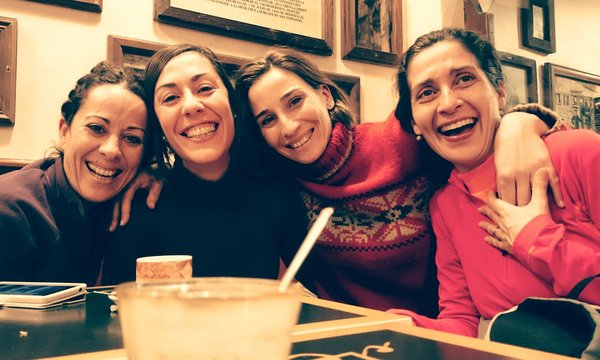
Classrooms, University dorms and common rooms are often filled with negative body talk: “I wish I had her stomach” “I hate my thighs” “I feel fat.” Listening to this tends to reinforce the need to focus on appearance and make comparisons between us and other people’s bodies.
So how can we build a strong and positive body image?
Positive body image involves understanding that healthy attractive bodies come in many shapes and sizes, and that physical appearance says very little about our character or value as a person.
How we get to this point of acceptance often depends on our individual development and self acceptance. To get to that all important point of balance there are a few steps we can take:
- Talk back to the media. All media and messages are developed or constructed and are not reflections of reality. So shout back. Speak our dissatisfaction with the focus on appearance and lack of size acceptance
- De-emphasise numbers. Kilograms on a scale don’t tell us anything meaningful about the body as a whole or our health. Eating habits and activity patterns are much more important
- Realize that we cannot change our body type: thin, large, short or tall, we need to appreciate the uniqueness of what we have – and work with it
- Stop comparing ourselves to others. We are unique and we can’t get a sense of our own body’s needs and abilities by comparing it to someone else
- We need to move and enjoy our bodies not because we have to, but because it makes us feel good. Walking, swimming, biking, dancing – there is something for everyone
- Spend time with people who have a healthy relationship with food, activity, and their bodies
- Question the degree to which self-esteem depends on our appearance. If we base our happiness on how we look it is likely to lead to failure and frustration, and may prevent us from finding true happiness
- Broaden our perspective about health and beauty by reading about body image, cultural variances, or media influence. Check out a local art gallery paying particular attention to fine art collections that show a variety of body types throughout the ages and in different cultures
- Recognize that size prejudice is a form of discrimination similar to other forms of discrimination. Shape and size are not indicators of character, morality, intelligence, or success
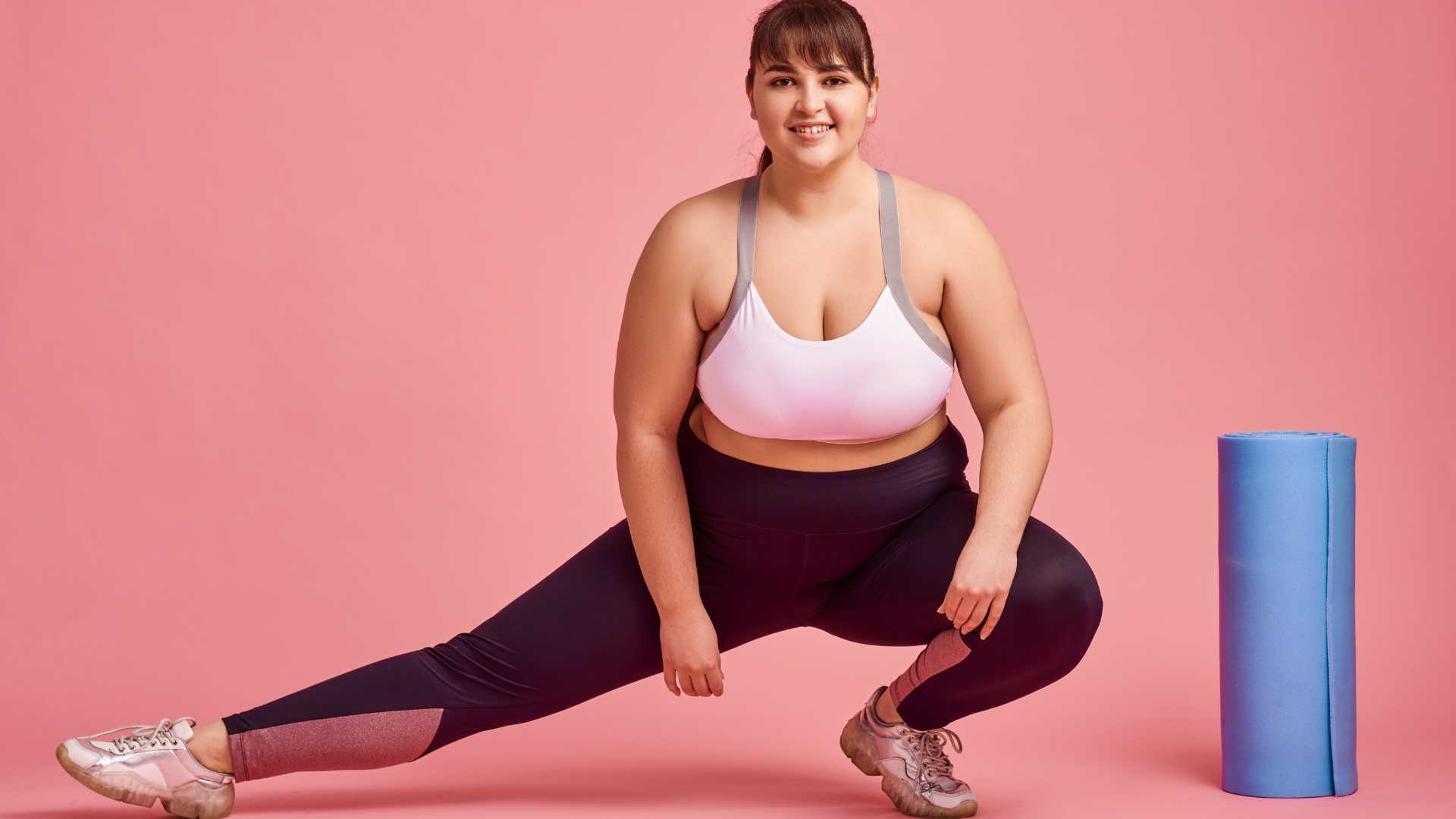
Each of us will have a positive body image when we have a realistic perception of our bodies, when we enjoy, accept and celebrate how we are and let go of negative societal or media perpetuated conditioning.
But the media and society in general, are not all bad.
As with most things, with the bad comes the potential for good and increasingly, people the world over are waking up to the negativity and conditioning that we are bombarded with daily.
If not for this awakening we would not have initiatives like Live Life Get Active; where awakening ourselves to a healthy and fulfilled life is at the core of what we do.
Live Life Get Active is a social initiative built to create a fitter, healthier and happier Australia.
We approach health and well-being from a fun and socially engaging perspective and the importance we put on a healthy lifestyle is reflected in our pricing structure – there is none.
We’ve got everything you need to to feel positive so login and book your active training, yoga class and meditation either in the park or online now.
Not a member?
If you’d like to take your first steps to feeling better about yourself and working on a fitter and healthier you, then register and come and join us in the park and/or online. You’ll be able to enjoy the friendship and support that comes from training with others that feel the same way. Register now for FREE access to outdoor and online fitness classes, live guided meditations, wellness videos, recipes and more!

